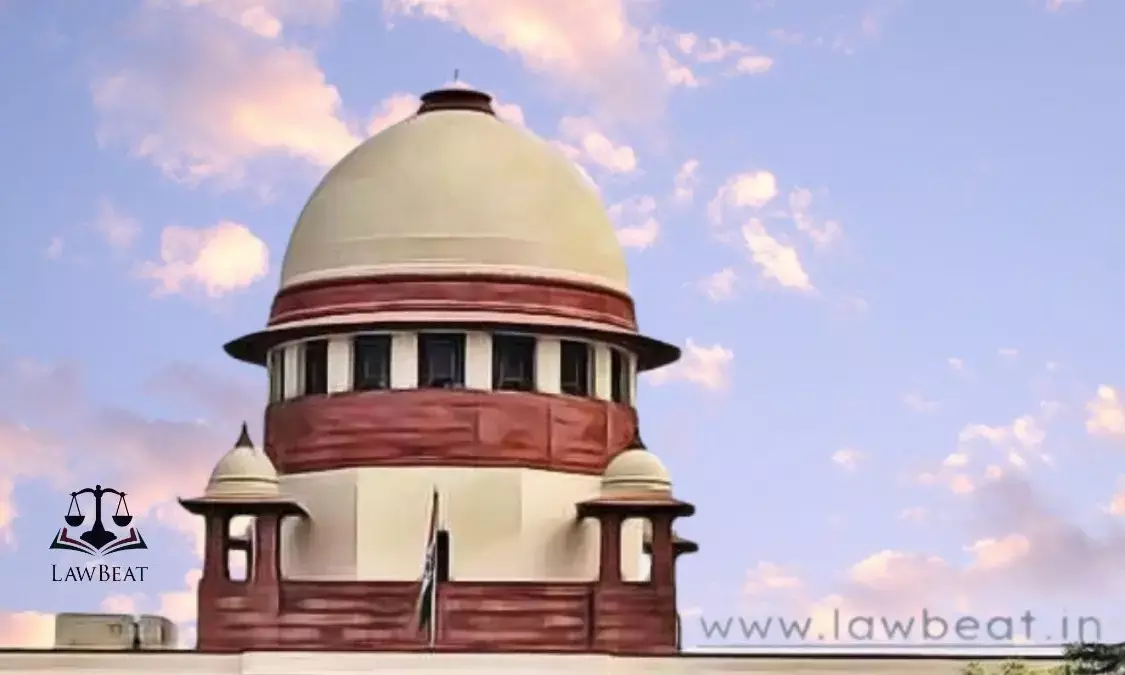Can an accused’s explanation help avoid conviction in corruption cases? Supreme Court answers

The Supreme Court has clarified that the demand in an illegal gratification case can be proved by circumstances even if the complainant does not fully support the prosecution during trial, but at the same time emphasised that the explanation provided by the accused under Section 313 of the Code of Criminal Procedure must be given due weight before recording a conviction. The Court held that where the accused offers a plausible explanation that adequately accounts for incriminating circumstances, such a defense may be accepted and could result in acquittal.
A bench of Justices Manoj Misra and Ujjal Bhuyan delivered the ruling on August 13, 2025 while allowing an appeal filed by Mini, the widow of late Mohanachandran N.K., who had been convicted under Sections 7 and 13(1)(d) read with Section 13(2) of the Prevention of Corruption Act, 1988. The Court set aside the January 14, 2020 judgment of the Kerala High Court that had upheld his conviction and ordered that the accused, who is no longer alive, be treated as acquitted of all charges.
The prosecution alleged that Mohanachandran, then a lower division clerk, accepted Rs 1200 from a complainant, of which Rs 1000 represented the prescribed passport fee and Rs 200 was alleged to be bribe money. On June 16, 2003, the CBI arrested him during a trap operation at his residence and recovered the tainted currency notes. However, during trial, the complainant did not support the prosecution’s case regarding the demand for a bribe. He stated that he had been misled by a CBI employee into believing the accused was corrupt and that repeated attempts to trap him earlier had failed, leading to his involvement in the operation.
Despite the complainant turning hostile, the Trial Court convicted the accused on the ground that the lodging of the complaint and delivery of tainted currency were proved. The High Court upheld this conviction. Aggrieved, the accused had challenged the findings, but he passed away during the pendency of proceedings. His widow pursued the appeal before the Supreme Court.
The Supreme Court noted that cogent proof of demand is an essential element for establishing the offence. Since the complainant had not supported the case of demand and there was no reliable evidence to prove that the accused knowingly accepted an excess amount of Rs 200 over the legitimate passport fee, the conviction could not be sustained. The Court highlighted that at the time of accepting the money, it had to be shown that the accused was aware it exceeded the lawful amount payable.
The bench pointed out that the defense taken by the accused was that two Rs 500 notes were handed over, with two Rs 100 notes placed in between, and that he was unaware of the excess. Other than PW1, whose testimony was found unreliable, the prosecution had not produced evidence to prove that the accused counted the notes or that the notes were counted in his presence before acceptance. This made it imperative for the courts below to have seriously considered his defense under Section 313 CrPC.
The accused had consistently explained that the complainant approached him through an advocate for assistance in obtaining a passport, that he received Rs 1000 as prescribed fee along with necessary documents, and that he believed this amount to be the legitimate fee. He denied knowledge of the additional Rs 200 hidden between the higher denomination notes. His defense was therefore that there was no conscious acceptance of bribe money.
Counsel for the appellant argued that once the demand for bribe was not proved, and since Rs 1000 was anyway payable towards passport fees, mere recovery of money could not be incriminating. It was a case where the accused deserved acquittal, or at least the benefit of doubt. The Court agreed, observing that the trial court and appellate court had failed to meticulously weigh the defense in light of the complainant’s own testimony and the circumstances.
On the other hand, the CBI contended that even if a complainant turns hostile, a conviction can be sustained if the complaint was lodged alleging demand of bribe and money was later recovered from the accused. However, the Court held that circumstances in this case did not satisfy the legal requirement of proving demand and conscious acceptance.
The judgment reiterates that the defense under Section 313 CrPC must be evaluated with due seriousness in corruption prosecutions. It also reinforces that without proof of demand, conviction under the Prevention of Corruption Act cannot stand. Ultimately, the Court acquitted the deceased accused, ensuring that his record would not remain tainted by a conviction unsupported by reliable evidence.
Case Title: Mini Vs CBI/SPE Kochin
Judgment Date: August 13, 2025
Bench: Justices Manoj Misra and Ujjal Bhuyan
